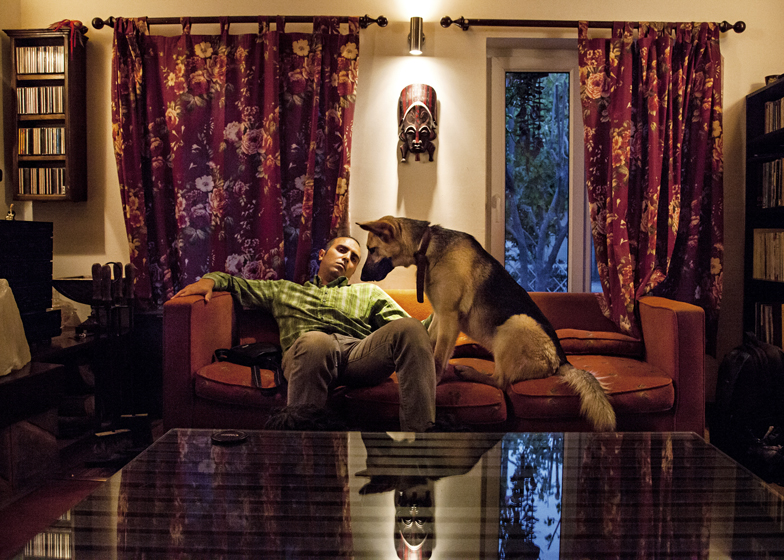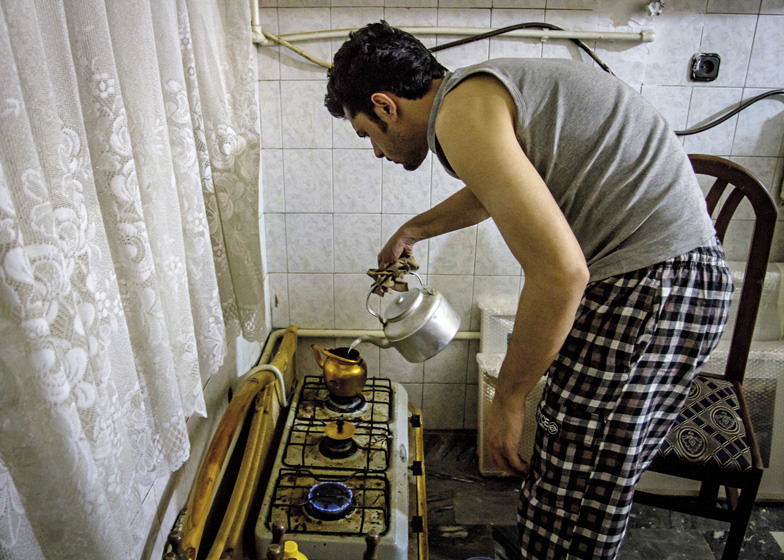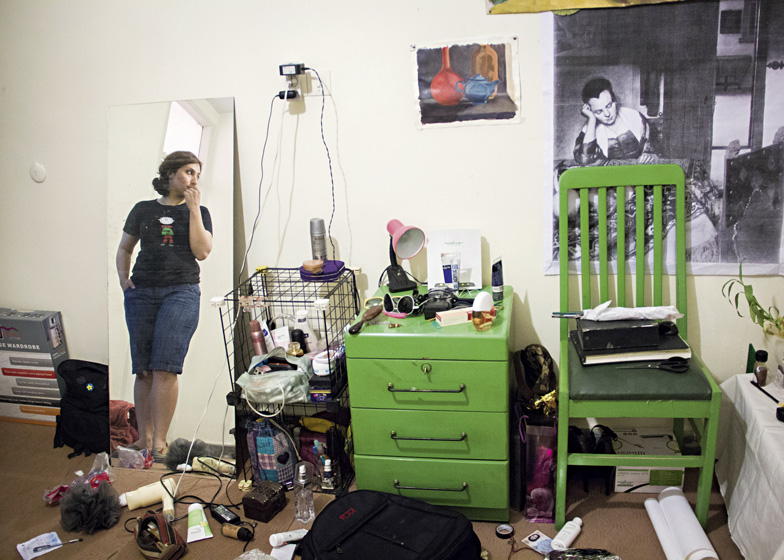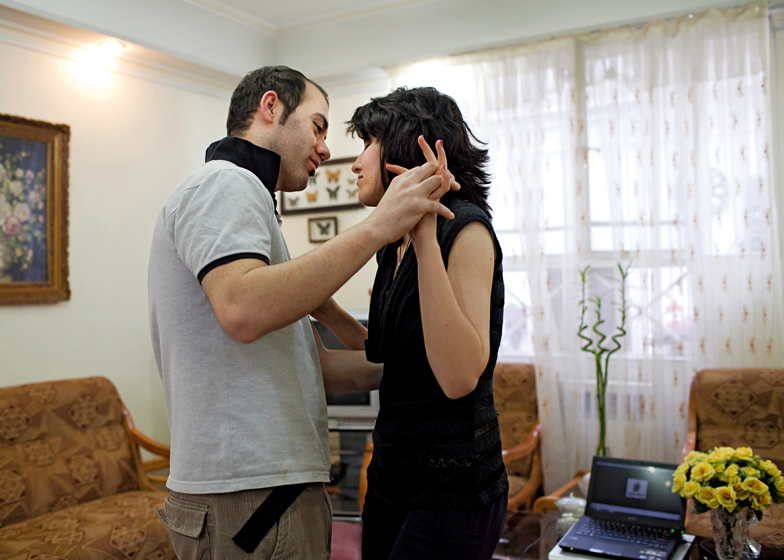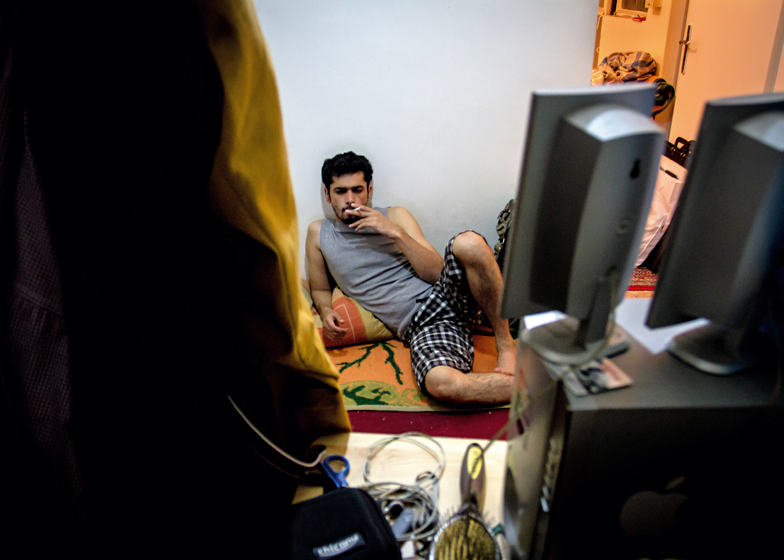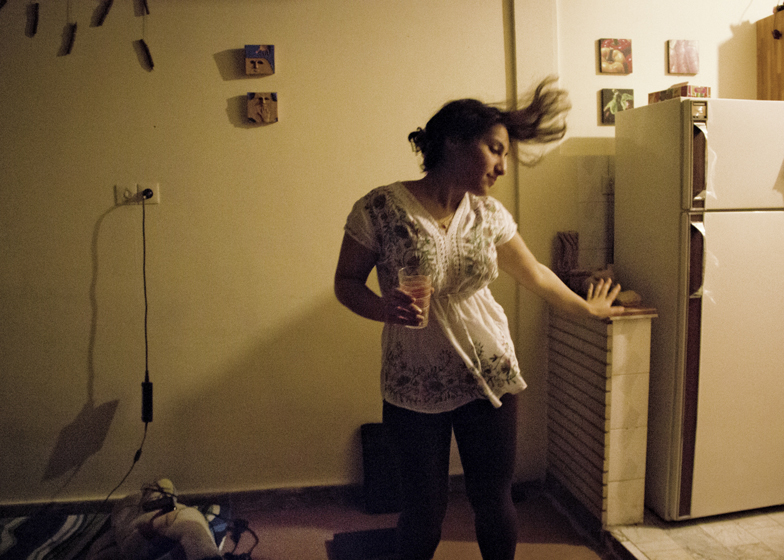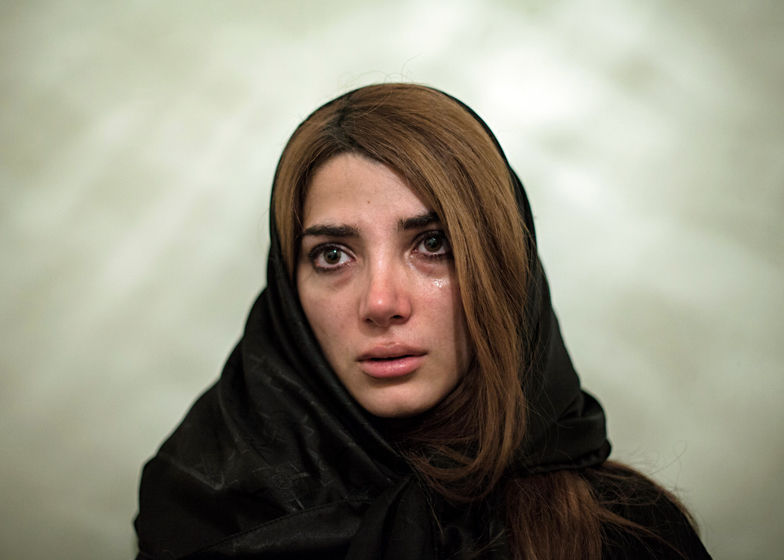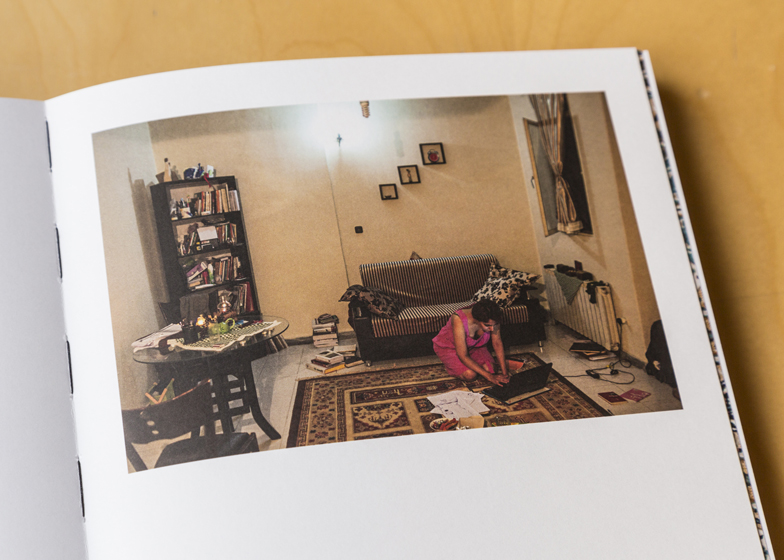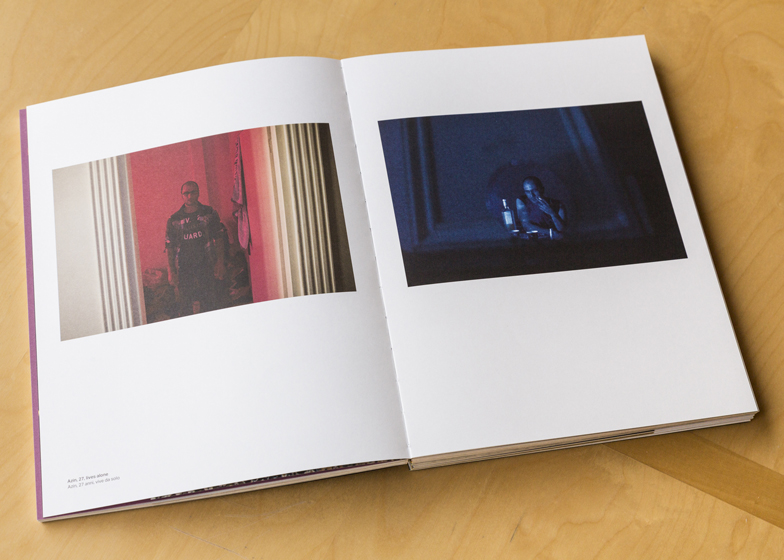News: a book of photographs showing domestic life in Tehran was temporarily blacklisted by online payments company PayPal for having the word "Iranian" in the title (+ slideshow).
Iranian Living Room, the first self-published title from Italian communications research centre Fabrica, features images taken by young photographers in Tehran in their own homes to create a personal view of everyday life in the Iranian capital.
Yet when it went on sale earlier this week, PayPal added it to its blacklist of forbidden goods and services, meaning customers could not buy it.
Fabrica CEO Dan Hill spent 48 hours trying to resolve the issue with PayPal, only to be told all payments had been blocked "because the book had the word 'Iranian' in the title," he wrote on his blog.
To overcome the issue, an account manager at PayPal suggested removing the word "Iranian" from the book's title. "Leaving aside the fact that of course we don't want to change the name of our book in the shopping cart, I find this politically-motivated censorship, willingly if not actively carried out by a corporation, absolutely despicable," Hill wrote.
After an outcry from followers of Hill's City of Sound blog and Twitter account, PayPal removed the book from their blacklist on Wednesday night, allowing the book to go on sale.
Iranian Living Room is a project that captures the interior lives of Iranian people, at home in their domestic private spaces. "The book is really a very humble project in a way," Hill told Dezeen.
Enrico Bossan, head of photography at Fabrica, asked 15 young Iranian photographers to take pictures of their "interior life" in Tehran. "In the West we just don't see that. With a state like Iran we usually see it framed through the lenses of the BBC or CNN. It's invariably protests on the street or elections on the street," said Hill.
"And of course in Tehran, like many other cities, those conversations go on in people's living rooms or domestic private spaces," he added. "And in those living rooms people are not a million miles away from where we are. It was a very simple idea that we could show someone falling asleep in front of the telly. Or people together or cooking food. And in doing so it would highlight this other side of Iran than people don't see."
Fabrica is publishing the book itself and selling it via the internet, rather than collaborating with a mainstream publisher as it has in the past, in order to "move on from very 20th Century model of publishing that most people are still engaged with," he added.
Hill said he was tempted to investigate PayPal's secret blacklists as his next project. "I'd like to do another Fabrica project about these hidden blacklists," he said. "That would be an amazing thing to do."


